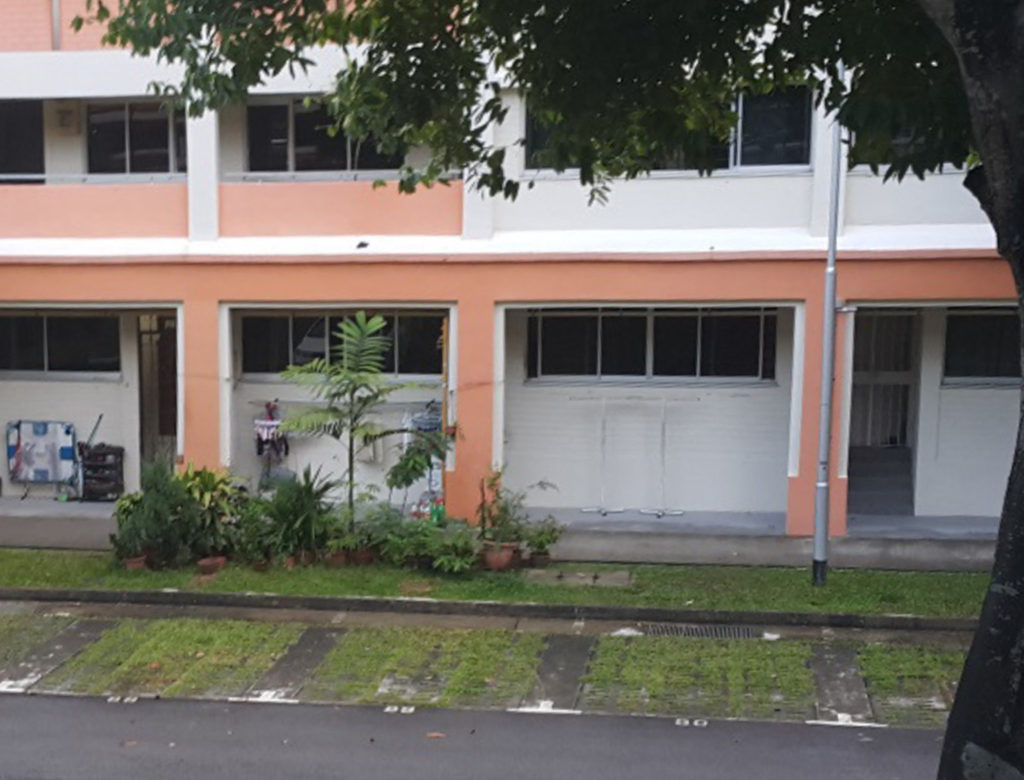14th Mavis Batey Essay Prize winner declared
Dr David Marsh, chair of judging panel writes:
The judges for the Mavis Batey Essay Prize met in June 2018, and were very pleased to award the prize to Goh Ngee Chae Joshua of Singapore, the unanimous choice as winner of this year’s award. Congratulations!
The judges were impressed by the quality and vibrancy of his writing and the way that he drew on a range of disciplines to analyse how the ‘Kampong Garden’ has been adapted and developed to form a new national gardening style in Singapore. It is a very well reasoned, scholarly but importantly too, very readable piece of work.
From the submission abstract:
“Garden historians have traditionally focused upon the great landscaped gardens of the elite along with publicly-run parks and botanic gardens. This has resulted in the neglect of the potentially rich field of popular gardening. While gardens created by ordinary citizens are undeniably underwhelming both in terms of scale and grandeur, these spaces provide an invaluable lens into the development of a nation’s gardening culture and social history. This is especially so in the context of Singapore where the existence of indigenous gardening traditions has been obscured by the traditional scholarly focus on public parks. In this paper, I present a brief genealogy of one such indigenous gardening tradition in Singapore, the ‘Kampong Garden’.
“Based upon the kitchen gardens cultivated by Malay villagers during the pre-colonial era as a supplementary food source, the ‘Kampong Garden’ was first appropriated by Malay nationalists in early twentieth century Singapore as a site of memory for that ethnic group’s imagined rural past. With the large-scale resettlement of Singapore’s kampong villages during the post-independence era, the ‘Kampong Garden’ gradually became a much less ethnically specific gardening tradition as former kampong-dwellers of all races seek to relive their rural nostalgia by recreating this space. Notwithstanding, the ‘Kampong Garden’s’ popularity was not merely restricted to the elderly of Singapore. As recently as 2014, the “Kampong Garden’ was even appropriated by younger Singaporeans from the emerging ‘grow- your-own-food movement’ as a metaphor for the edible garden.”
As explained in the guidelines for the prize, the prize also offers a the chance of publication in our journal Garden History, so we hope to see the essay published in due course
We aren’t quite sure how we are going to ‘hand over’ the prize just yet, but details will follow.
Once again, our congratulations go to Goh Ngee Chae Joshua on his success, and we wish him the best of luck with the rest of his studies.




